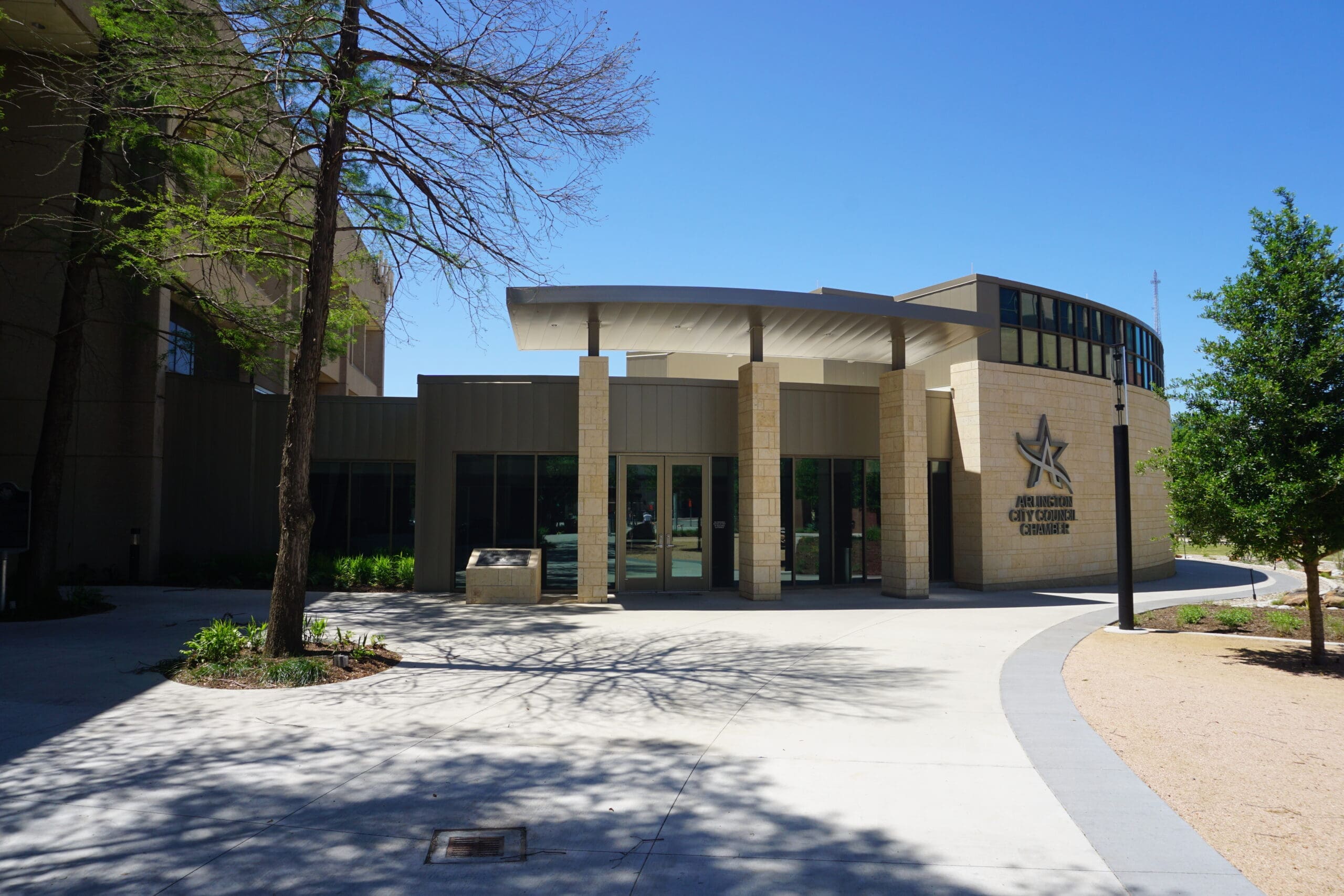More and more Texas cities are seeking additional revenue by placing special-purpose taxes on the local ballot – a type of sales tax that, unlike income tax and property tax, is actually determined by the voters. Unfortunately, sports venues, convention centers and non-essential amenities are too often being prioritized over roads, infrastructure, public safety, and property tax relief.
The variety of special-purpose taxes range from those that address core infrastructure needs like road maintenance to non-essential amenities such as parks and convention centers. And while some may seem self-explanatory, others are not. With the various state-restrictions that accompany these taxes along with vague names like “4A” or “4B”, taxpayers feel left in the dark when it comes to understanding what they’re voting on, discouraging others from even voting at all.
Understanding special-purpose taxes begins with knowing where your money is going and what your options are.
In the State of Texas, the total sales tax rate that can be levied is capped at 8.25 percent. Of that 8.25 percent, 6.25 is levied by the state. Local governments (including municipalities, counties, and special purpose districts) have the option to levy the rest – up to an additional 2 percent in total. In other words, what someone pays in sales tax in Texas can vary from 6.25 to 8.25 percent.
In Midland for example, consumers currently pay the maximum sales tax rate allowed by law (8.25 percent). Of that, 6.25 percent goes to the state, .5 percent to the county, and 1.5 percent to the city. The city’s individual piece of pie, however, is split three ways: .25 percent is dedicated to Midland’s Economic Development Corporation (EDC) as a “Type A” tax, .25 percent is dedicated to the EDC as a “Type B” tax, and the rest goes to the city’s general purpose fund for city operations.
Type A and Type B sales taxes are types of “special-purpose taxes”. Other dedicated sales taxes include street maintenance, crime control and prevention, and property tax relief. Any of these can be levied by a municipality provided the total sales tax rate doesn’t exceed the 8.25 percent tax cap and the tax is approved by voters. Rarely do cities choose to dedicate sales tax revenue for core city services or property tax relief; most would rather give corporations tax-funded handouts under the guise of economic development.
Unfortunately, economic development sales taxes are the most ambiguous of them all—especially when it comes to what cities are allowed to spend revenues on. This use is where most confusion from voters stems from.
Type A sales tax, according to state law, is intended for “manufacturing and industrial development”. More specifically, the revenue can be used to fund land, buildings, equipment, facilities expenditures, targeted infrastructure and improvements for projects. For example, it can be used to build job training facilities, recycling facilities, or distribution centers. Type A tax revenue can also be used for a Type B project (such as a sports venue), however, the use must be approved by voters.
Type B sales tax revenue, according to the state comptroller, can be used for any projects allowed under Type A rules – plus more. Additional projects include: sports and athletic facilities, tourism and entertainment facilities, convention facilities and public parks, as well as the infrastructure that may accompany those projects such as stores and concession stands, parking lots, streets, water and sewer facilities, and affordable housing.
An area of contention when it comes to economic development taxes is the inherent lack of accountability in regards to how the money is allocated and managed. The boards created to spend these funds are unelected members appointed by the city council, while the council retains ultimate approval authority. In any case, economic development boards operate out of public view and lack the transparency needed when it comes to managing tax dollars.
Benjamin Franklin said that, “In this world, nothing can be said to be certain, except death and taxes.” At least in this case – they aren’t always certain. Voters have a voice and it’s important to understand what’s on your ballot.
More information about special-purpose taxes can be found on the State Comptroller’s website: www.comptroller.texas.gov.




